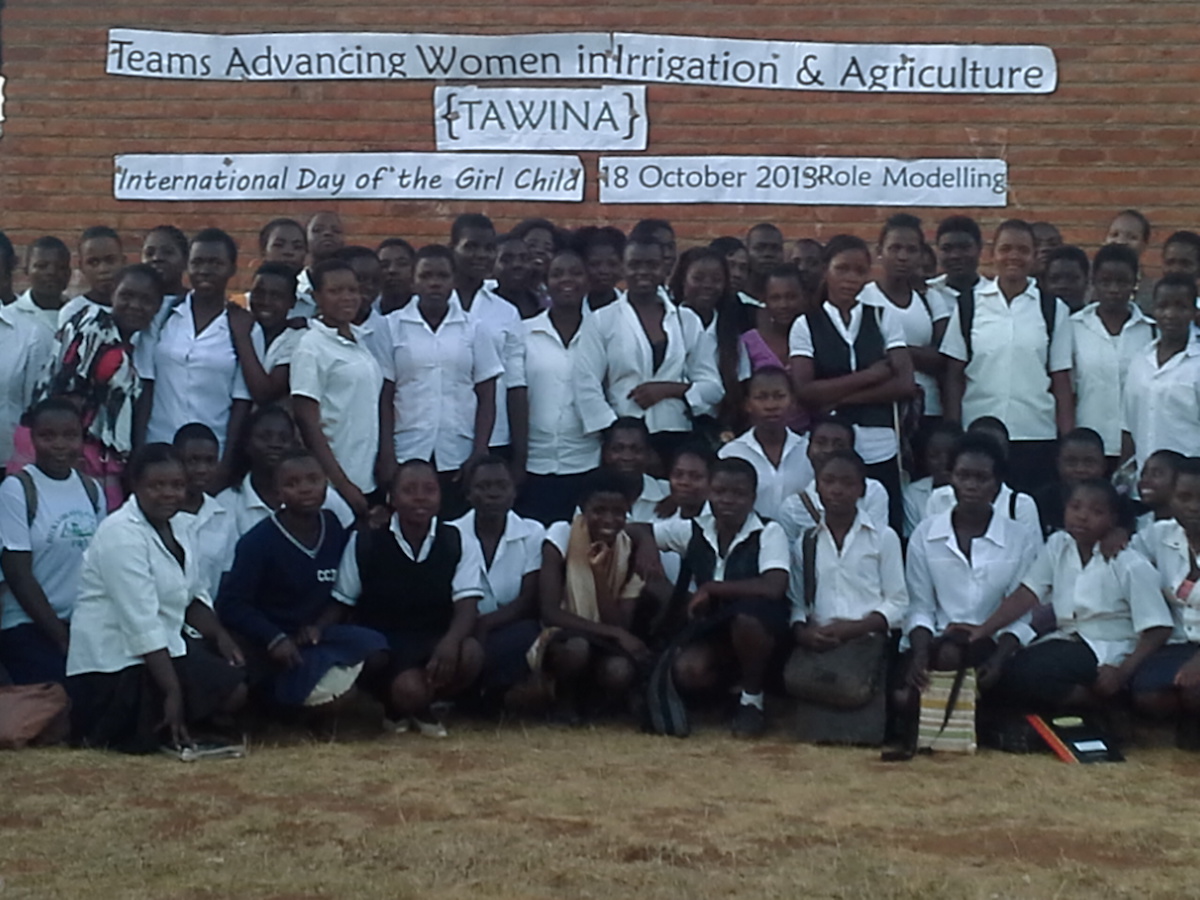Who We Are
TAWINA exists to support the empowerment, of rural girls and women in Malawi so they can realise their full potential. The TAWINA team has developed a range of innovative education, training and economic participation programs. These effective interventions reduce the incidences of child bride marriages that lead to full participation in Malawian society.


